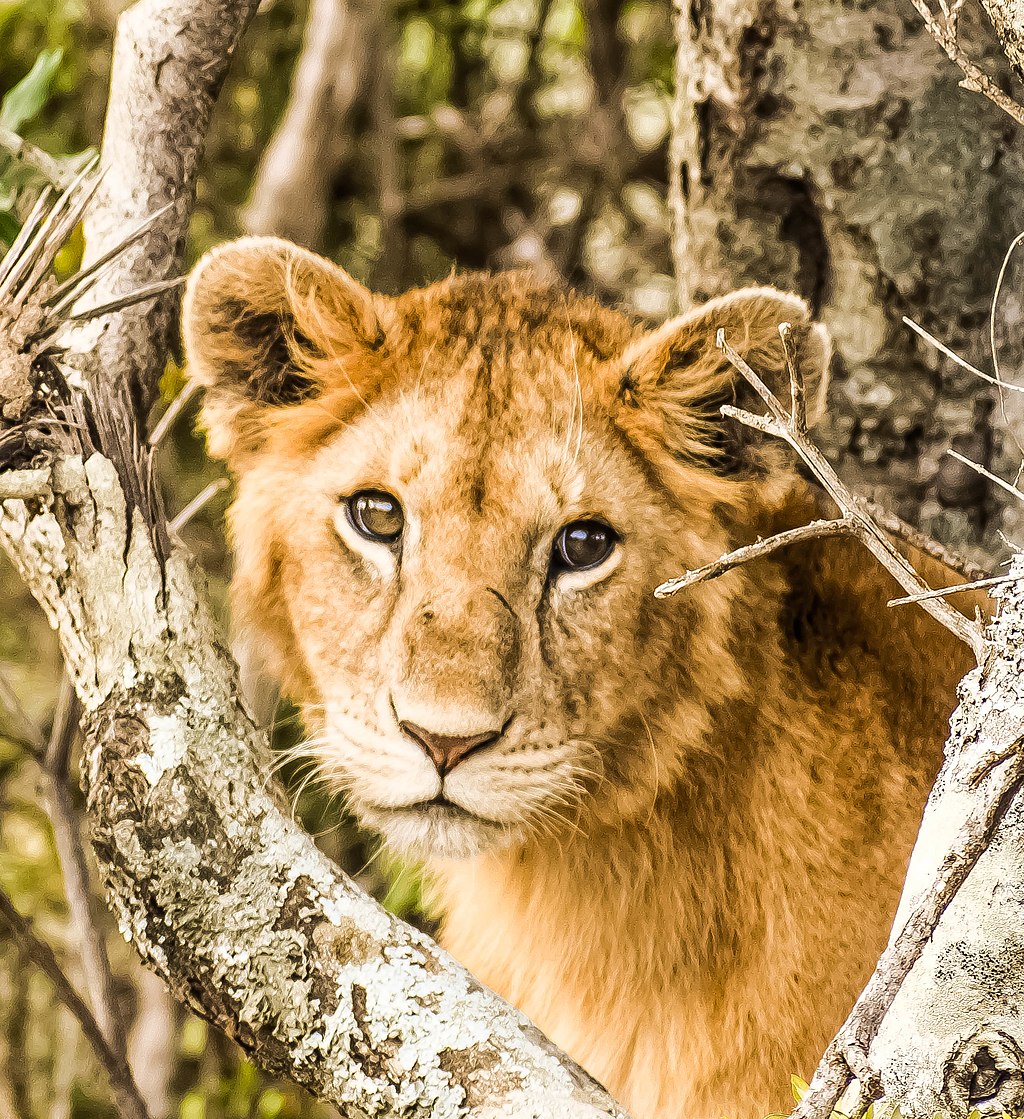Animals and Birds face challenges for survival because of climate change. They not only lose their habitation space but also affects their mental state. Habitat encroachment by humans also puts animals in danger which resulted in affecting their mental health.
It is said that animals and birds are facing issues like respiratory diseases, depression, etc. due to climatic conditions.
Isn’t this a cruel act of mere satisfaction and selfish motives of humans’ need for habitation which are putting the animals at risk? Deforestation also adds as a major factor to the same.
A series of studies have described a greater risk of mortality rates in animals during the hottest months of the year and as well as an increased death rate during extreme winters. Such extreme weather conditions tend to cause heat strokes, heat cramps, organ dysfunction, etc among animals.
Surprising behaviours and illnesses in animals and birds due to climate change:
- Military dogs suffer from PTSD (Post – Traumatic Stress Disorder). They are euthanized upon their return from plague battle or war zones.
- Captive birds exhibit signs of depression and anxiety because of stress, and over-excitement.
- Dogs display autistic behaviour, which makes them show episodic aggression. Mostly happens in dogs with Fragile X syndrome.
- Tori, an orangutan in a zoo got to hold a pack of cigarettes. Looking at the repeated behaviours of humans, they got addicted to smoking and had to undergo rehabilitation.
- Pet cats have OCD. Such cats allow pain-relieving chemicals that help them to combat anxiety. When cats are not given enough attention they tend to showcase extreme aggression.
- Bored horses become a danger to themselves when they aren’t meant to be active. Horses start chewing on wood, pacing, and kicking on walls when they are kept physically inactive.
- Worried animals lose a quality of sleep.
Let us stay wary of how we maintain our environmental surroundings.
Written by: Raksha Arun

